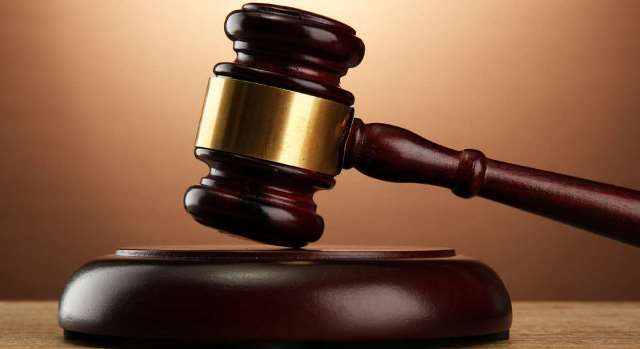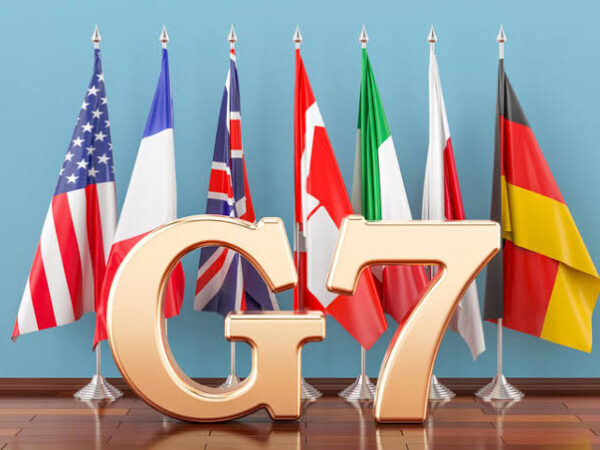Switzerland’s supreme court has overturned a nationwide referendum for the first time in the country’s modern history, on the grounds that the information given to voters was insufficient.
In a ruling that may resonate in Britain, where remain campaigners have long argued that voters in the 2016 Brexit referendum were not adequately informed, the court said incomplete detail and a lack of transparency had violated the freedom of the vote, which could now be re-run.
“Given the tight outcome of the vote and the seriousness of the irregularities, it is possible that the result of the ballot would have been different,” the federal court said. It was the first time a result had been annulled in Switzerland, where voters have been called to vote more than 300 times on over 600 federal-level referndum proposals since 1848.
The Christian Democratic party, which had proposed the February 2016 vote on whether Switzerland’s tax regime unfairly penalised married couples, lodged an appeal against the result last year, saying voters had been misled.
Married couples in Switzerland are taxed jointly on their combined incomes, meaning they can often pay more tax than cohabiting partners who are taxed separately so each benefit from a tax-free allowance.
The proposal, “For the couple and the family – no to the penalisation of marriage”, was narrowly rejected by 50.8% to 49.2%. But the party argued the result should not stand because the scale of the problem had been seriously misrepresented.
In information provided to voters before the referendum, the federal government said 80,000 married couples were penalised by the tax regime. It subsequently revised the figure, saying 454,000 couples were affected.
The court said voters had been “informed erroneously and in an incomplete way. They could not imagine that the number of couples affected by the married couples’ tax penalty was more than five times higher than the figure announced.”
The federal government said it would “draw the necessary consequences” from the ruling and had already set up a study group to “propose additional measures to ensure the quality of preparation for decisions to be made by citizens”.
The Christian Democrats welcomed the court’s decision, saying it was a boost for the political rights of Swiss voters. Critics said the decision could open the floodgates to a stream of complaints about past and future referendums.
Switzerland’s system of direct democracy allows any group of voters to force a nationwide plebiscite on any proposal for which they can gather more than 100,000 signatures.
The Guardian.



